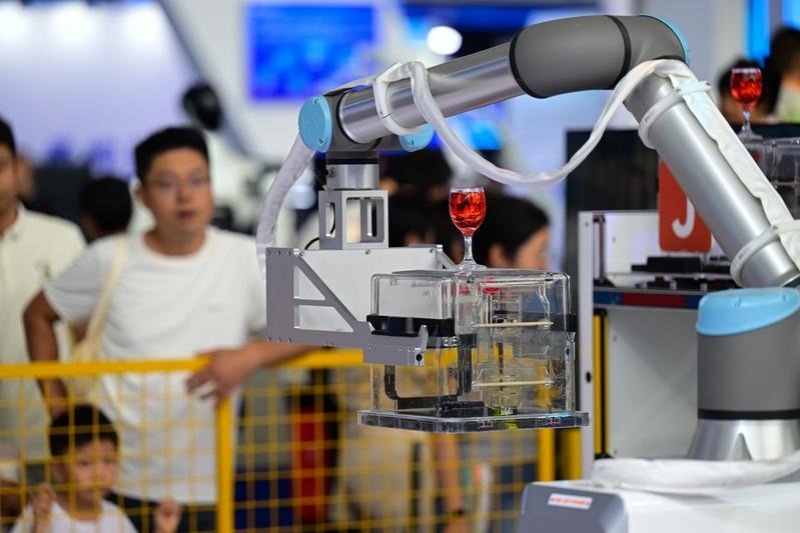The predicament of "Panda mothers"

While the chances of a person requiring a blood transfusion in his or her lifetime are generally low, this possibility greatly increases in women during childbirth because of the risk of postpartum hemorrhage, said Dan Yang, head of the department of science popularization at China RH Union.
As such, it is imperative that hospitals are well-stocked with Rh-negative blood in the event a woman with such blood type encounters this unfortunate scenario. Yang also suggested that, as a precautionary measure, there should be an autologous blood donation of 400 cc for expectant mothers with Rh-negative blood before they give birth.
"Although 400 cc may be far from adequate for a postpartum hemorrhage case, it'll buy the hospital enough time to find more blood," said Yang.
Tests to determine a pregnant woman's blood type is not conducted in all hospitals around the country. Women oftentimes find out that they have this rare blood factor only after they have given birth. Qiu Yan, a resident of Wuxi, Jiangsu province, is one such individual.
"It's risky. How should the hospital react if I were in danger?" she said.
Medical experts said that the lack of such a test sometimes threatens the fetus' health too. When an Rh-negative mother is carrying an Rh-positive baby, the baby's blood may stimulate the mother's to produce a certain antibody which may attack the fetus' red blood cells, resulting in miscarriage and stillbirth in some cases.
One way to help inhibit the production of this antibody is to inject a kind of immunoglobulin when the woman is 28 weeks pregnant. However, this injection is not available on the Chinese mainland.
Chen Jie, who has Rh-negative blood and gave birth to a girl two years ago, said she bought the injection for about 2,000 yuan ($290) through a friend in Hong Kong who went through great lengths to transport the medication to Shanghai as it needs to be kept in a cold storage environment.
But despite the efforts, the 36-year-old could not find a hospital that was willing to help her perform the injection. She ended up administering the injection herself.
On Feb 14, a passenger carrying scores of such injections was stopped at Luohu Port in Shenzhen, Guangdong province. Many mothers with "panda blood" came forward on social media sites to voice their opinions about the incident, saying that the authorities should make this medication available in the Chinese mainland.
Zhou Wenting
(China Daily 02/24/2017 page8)
Today's Top News
- Japan's PM seen as playing to right wing
- Mainland increases entry points for Taiwan compatriots
- China notifies Japan of import ban on aquatic products
- Envoy: Japan not qualified to bid for UN seat
- Deforestation is climate action's blind spot
- Japan unqualified for UN Security Council: Chinese envoy






























